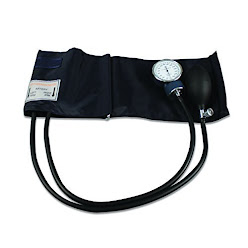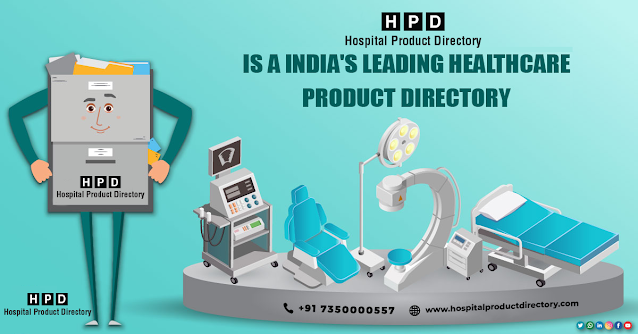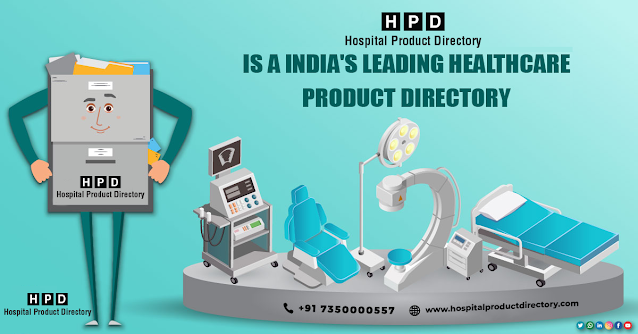What are the different kinds of BP available today?
Expending a blood pressure cuff that's too big or too slight can give you imprecise blood pressure interpretations. Your medic's office should have numerous magnitudes of cuffs to safeguard an exact blood pressure interpretation. When you gauge your blood pressure at home, it's vital to use the correct magnitude cuff. The expandable portion of the blood pressure cuff should shield about 40% of the space about (perimeter of) your higher arm. The cuff should shield 80% of the part from your elbow to your shoulder.
Most
persons think of blood pressure (BP) cuff as merely, “just a cuff.” Though,
there is really a quantity of BP cuffs that have been advanced by NIBP Cuff Manufacturers to encounter the
fluctuating requirements of patients and therapeutic facilities. In an exertion
to cast more light on the diverse cuffs obtainable for usage, here is some
thorough material on each kind, how they are operated, and the characteristic
setting in which everyone is operated.
- NIBP Cuffs: The most
prevalent and shared cuff on the marketplace nowadays is the NIBP cuff.
These cuffs are typically completed out of a nylon substance by the NIBP Cuff Suppliers,
which is an inordinate substance for toughness, permanency, and easy
vacuuming. These cuffs are used on manifold patients every day and can be
located in almost any consulting room or infirmary where there is low
danger for dispersal of communicable illnesses. Characteristically, the
dimensions for the NIBP cuffs array from Toddler to Thigh (8 cm to 50 cm
perimeter).
- One-use Cuffs: One-use cuffs
are the 2nd most shared cuff on the marketplace and are rapidly becoming
prevalent as there is rising anxiety for infirmary attained contagions
(like MRSA and C-diff). Infirmaries are spinning toward one-use cuffs as
the first line of the guard to decrease the danger of infirmary attained
contagion. One-use cuffs are characteristically completed out of polyester
or vinyl. These cuffs are single-patient-use or limited-use cuffs and are
shared all the way through crisis rooms, operational rooms, serious care
components, and newborn components where contagion limitation is a worry.
Characteristically, the dimensions for one-use cuffs array from Neonate #1
to Thigh (3 cm to 50 cm perimeter).
- D-Ring Cuffs: Placing on a
“characteristic” blood pressure cuff (i.e. NIBP or one-use cuff) yourself
can be problematic. D-ring cuffs were intended to be self-applied and make
it calmer to take your own blood pressure without help. D-Ring cuffs are
characteristically operated for the home-monitoring and self-application
surroundings.
- Forte Cuffs: These cuffs
are intended exactly for ambulatory blood pressure observing and workout
strain analysis settings, correspondingly. These cuffs have a fitted
flexible cover that mildly embraces the arm to retain the cuff in abode,
whether it be for a protracted era of time or jogging /rambling on a
treadmill or ergometer.
Whether
you are a doctor or an NIBP Cuff Dealers,
familiarizing yourself with these dissimilar kinds of blood pressure cuffs can
aid you better comprehending their submission so that you can make an educated
conclusion for usage or endorsement for acquisition?




Comments
Post a Comment